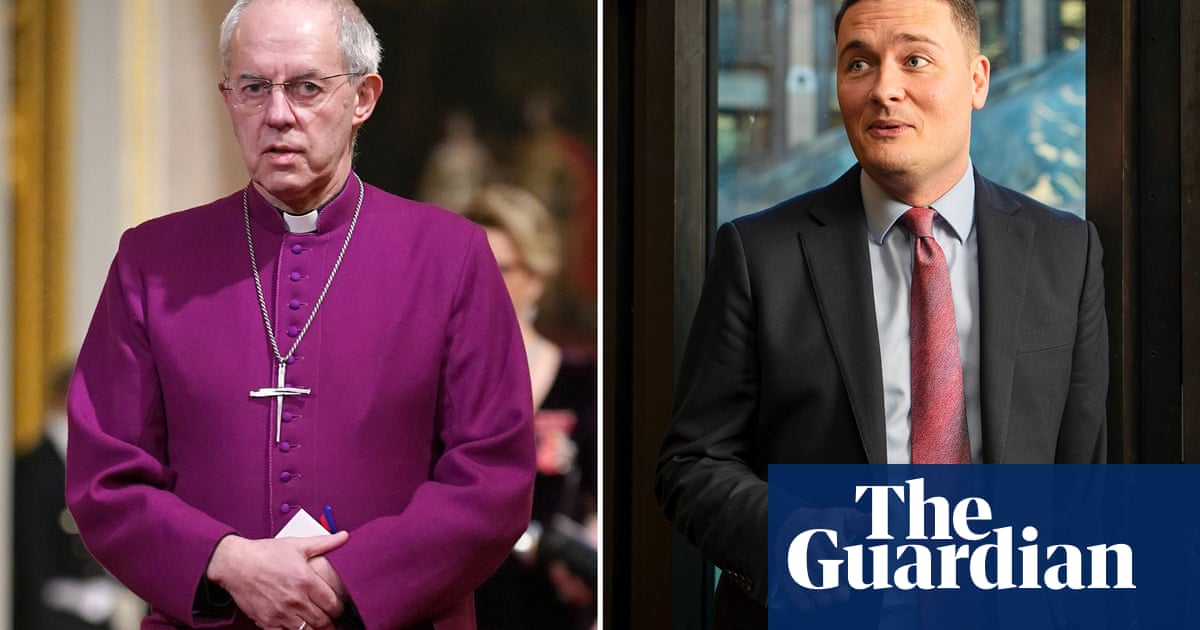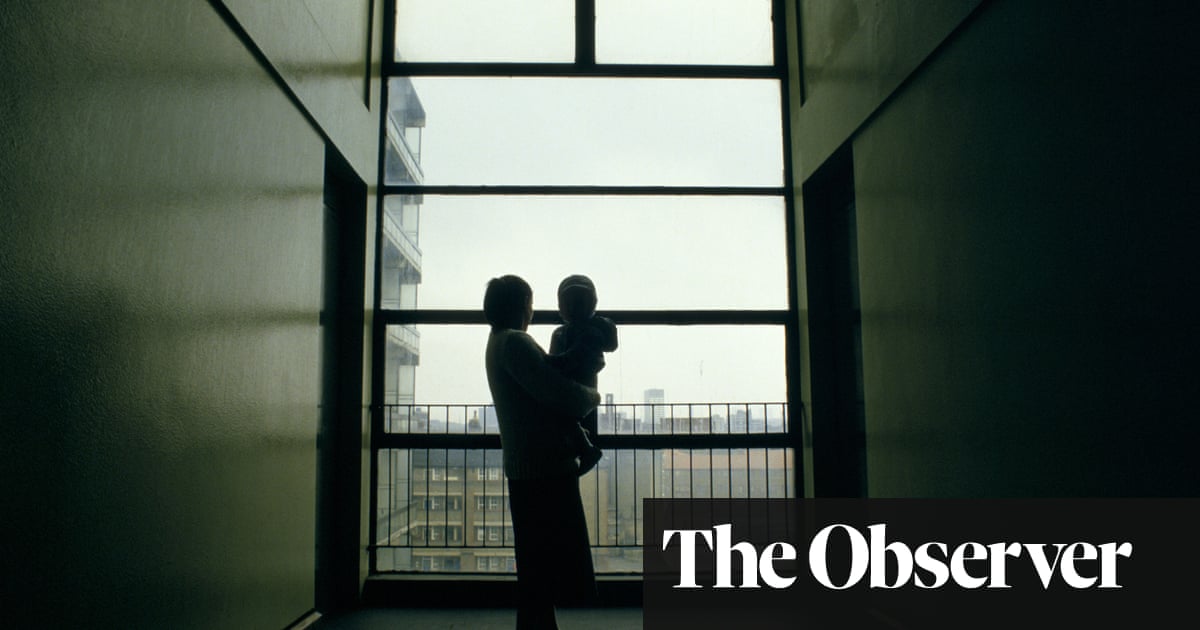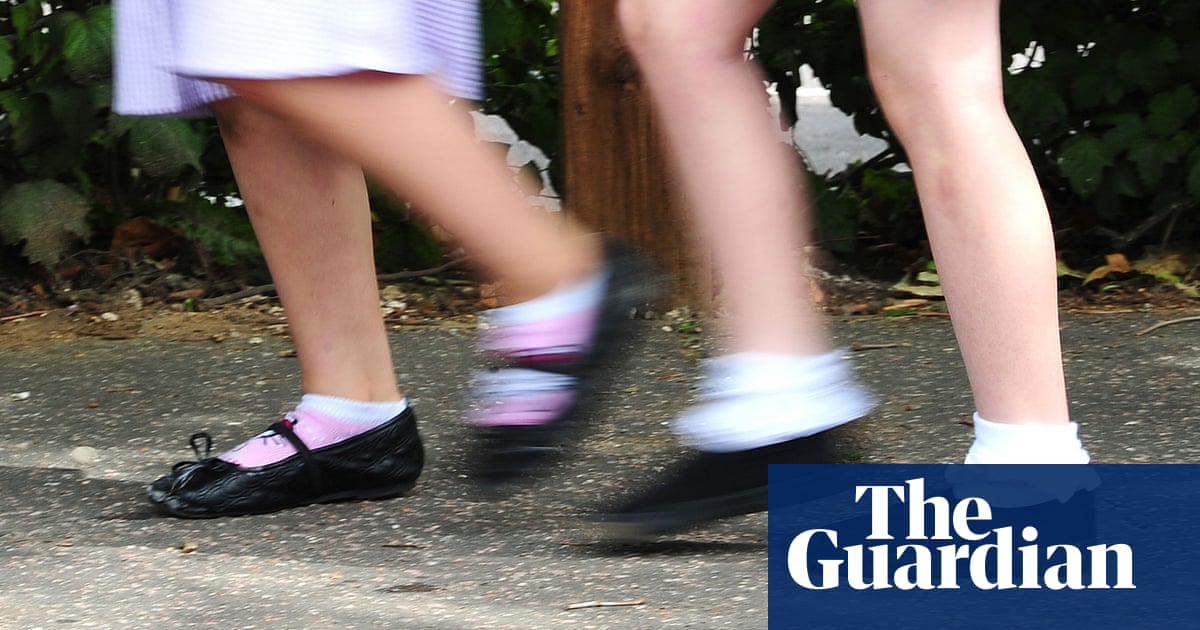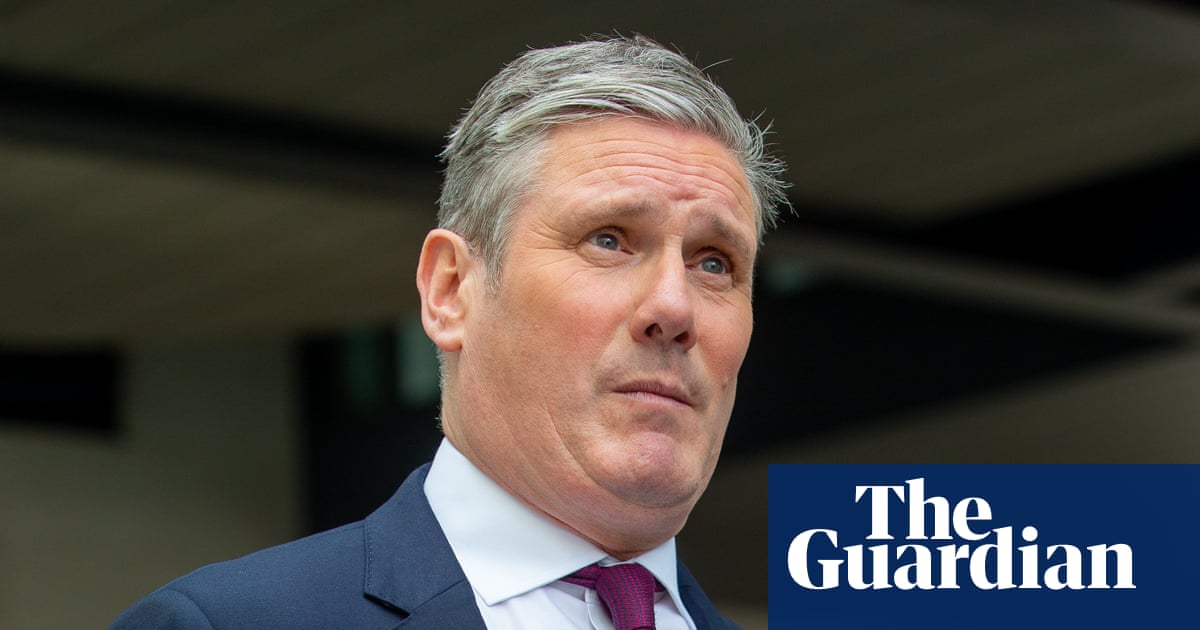
More than a million children have been affected by the government’s two-child limit on benefits during the pandemic, according to new figures.
The official data shows that in April this year, 1.1 million children living in 318,000 households were hit by the cap, which limits universal credit and tax credits to the first two children in a household.
The number of households affected by the two-child limit increased by 67,000, or 27%, from the figures to April 2020, and was almost double that of 2019. The figures include children conceived before and during the pandemic.
These families face having to manage without any support for a third child and subsequent children, as the cap restricts child allowances in universal credit and tax credits (worth £237.08 per child per month) to the first two children in a family, unless the children were born before April 2017, when the policy was introduced.
Campaigners have called for the government to scrap the cap. “Removing the two-child limit would only cost £1bn and would immediately lift 200,000 children out of poverty, and 600,000 children out of deep poverty,” said Alison Garnham, chief executive of Child Poverty Action Group.
The figures come as forthcoming research by the Nuffield Foundation shows that children in larger families were at higher and increasing risk of poverty even before the two-child limit began. The latest annual poverty statistics released by the Department for Work and Pensions show that while 31% of children in the UK are living in poverty, that proportion rises to 47% in families with three or more children.
Children in larger families are also at increasing risk of poverty even where all adults are in full-time work, and despite increases in parents’ employment rates. These trends reflect successive cuts to social security support over the past eight years.
Dr Kitty Stewart, associate professor of social policy at the London School of Economics and one of the Nuffield Foundation report’s authors, said: “Families do not have children to get more benefits. Many of the families hit by this arbitrary cap are in work; others have experienced unforeseen circumstances such as job loss, bereavement or disability.
“We know that growing up in poverty is damaging for children’s health and development, so the policy will have a long-term impact on children’s lives.”
The government figures published on Thursday also show that there has been a 160% rise since 2019 in the number of women forced to tell officials that they had become pregnant from a rape, in order to escape the benefits cap. In April 2019, 510 women were exempted from the two-child limit because of non-consensual conception; by April 2021, however, this had risen to 1330. The British Pregnancy Advisory Service (BPAS) said growing numbers of women felt they had to terminate their pregnancies because they could not afford to have a third child.
Clare Murphy, chief executive of the BPAS, said: “The two-child limit is forcing some women to end what would otherwise be wanted pregnancies. Since 2016, the year the policy was introduced, the number of abortions among women with two or more existing children has risen by 24%, compared with an increase of 11% among women with one existing child.”
A government spokesperson said: “This policy ensures fairness by asking families on benefits to make the same financial decisions as families supporting themselves solely through work.
“We have a comprehensive childcare offer for working parents, and continue to pay child benefit for all children.”












